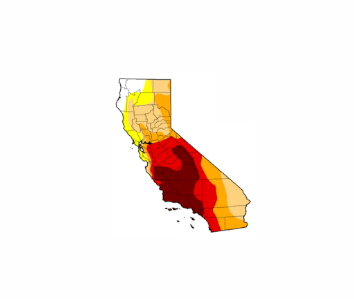Science Source
Mountain pine beetle develops an unprecedented summer generation in response to climate warming
- States the mountain pine beetle (MPB; Dendroctonus ponderosae) is native to western North America, attacks most trees of the genus Pinus, and periodically erupts in epidemics
- States the current epidemic of the MPB is an order of magnitude larger than any previously recorded, reaching trees at higher elevation and latitude than ever before
- Shows that after 2 decades of air-temperature increases in the Colorado Front Range, the MPB flight season begins more than 1 month earlier than and is approximately twice as long as the historically reported season
- Reports for the first time, that the life cycle in some broods has increased from one to two generations per year
- States that because MPBs do not diapause and their development is controlled by temperature, they are responding to climate change through faster development
- Finds the expansion of the MPB into previously inhospitable environments, combined with the measured ability to increase reproductive output in such locations, indicates that the MPB is tracking climate change, exacerbating the current epidemic
Related Content
Science Source
| Proceedings of the National Academy of Sciences
A 1,200-year perspective of 21st century drought in southwestern North America
Connie A. Woodhouse, David M. Meko, Glen M. MacDonald et al
Science Source
| Philosophical Transactions of the Royal Society B
Increasing western US forest wildfire activity: sensitivity to changes in the timing of spring
Anthony LeRoy Westerling
Science Source
| Canadian Journal of Forest Research
Forest mortality in high-elevation whitebark pine (Pinus albicaulis) forests of eastern California, USA; influence of environmental context, bark beetles, climatic water deficit, and warming
Millar, Constance I., Westfall et al
Real Time Data

May 18, 2016 | The National Drought Mitigation Center
California Drought Monitor


